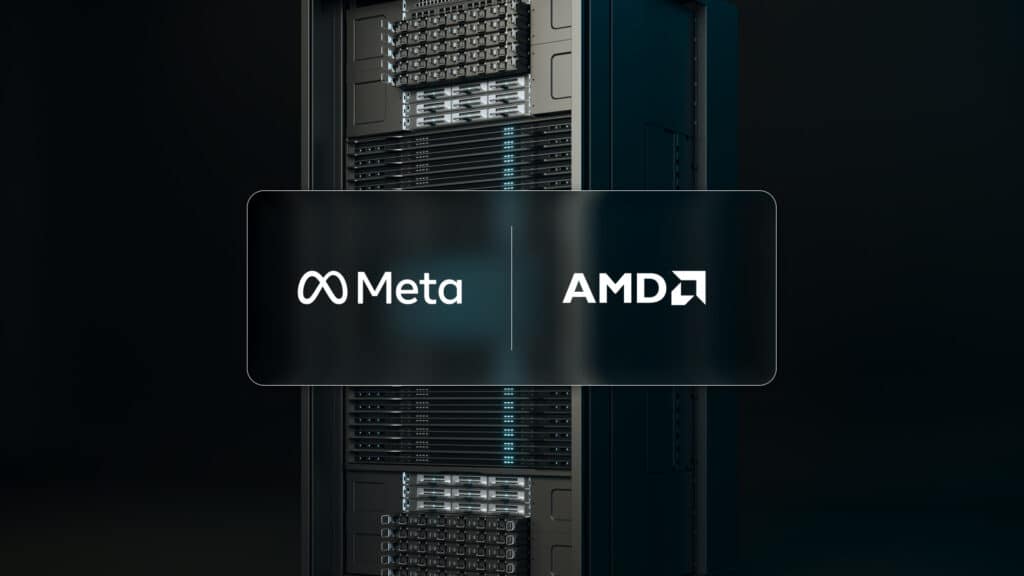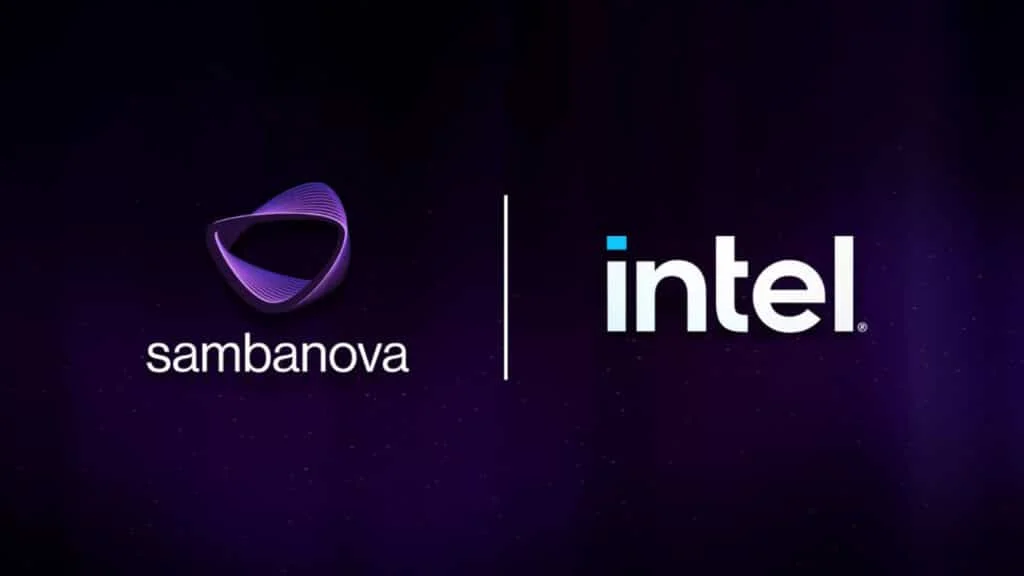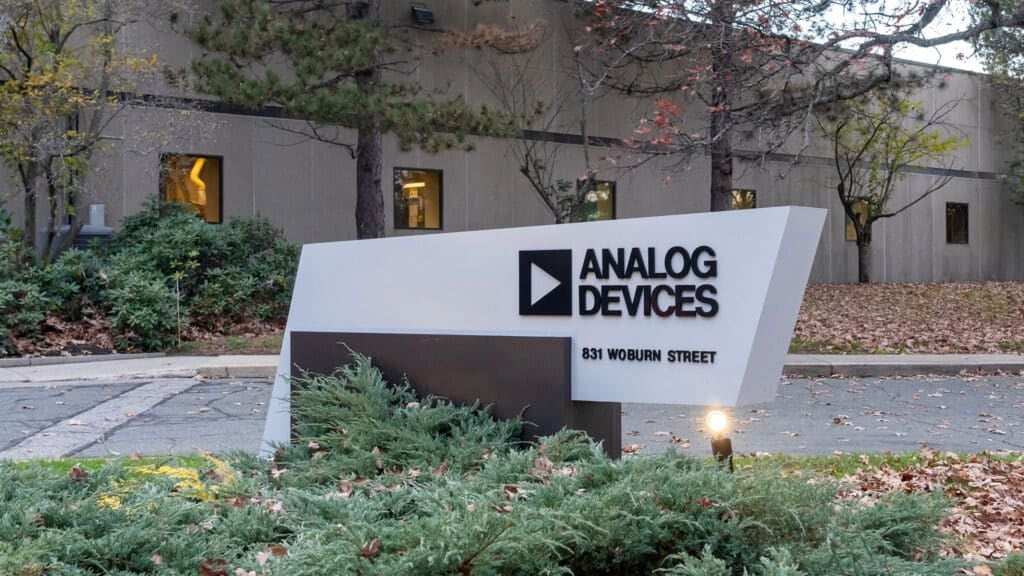Analyst(s): Olivier Blanchard
Publication Date: May 29, 2025
Dell Technologies unveiled major enhancements to its AI Factory platform during the 2025 edition of its annual Dell Tech Summit in Las Vegas. New enterprise AI PCs, data center infrastructure, and integrated partner solutions aimed at simplifying AI deployments topped the list of announcements. These latest additions reflect Dell’s strategy to deliver a scalable, efficient edge-to-cloud AI infrastructure ecosystem.
What is Covered in this Article:
- Dell introduces AI PCs, AMD GPU-based servers, and data center cooling to support enterprise AI
- Project Lightning claims industry-best file system throughput for faster AI model training
- Dell expands ecosystem partnerships with Meta, Google, Glean, Cohere, and Mistral
- Integrated Dell and AMD/Intel platforms offer scalable infrastructure for on-prem AI workloads
- Dell claims up to 62% cost advantage over public cloud for LLM inferencing deployments
The News: At Dell Technologies World 2025, Dell Technologies announced a significant expansion of its AI Factory offerings. The update introduced new infrastructure components, enterprise AI PCs, and collaborations with partners including Google, Meta, and Qualcomm.
The announcements spanned multiple deployment environments: client, edge, and data center. Highlights included the launch of a mobile workstation with an enterprise-grade discrete NPU, new PowerEdge servers powered by AMD’s MI350 GPUs, enhanced file systems, and advanced cooling systems. These additions aim to make AI deployments more secure, cost-effective, and operationally manageable across varied enterprise workloads.
Can Dell Challenge Public Cloud AI with Its Expanded AI Factory?
Analyst Take: Dell’s latest AI Factory updates reflect a continued effort to build a flexible, scalable, end-to-end infrastructure offering for enterprise AI. With new hardware, energy-saving features, and a broadened partner ecosystem, the platform is geared to not only support organizations running foundational and agentic AI workloads but also accelerate their development, deployment, and management efforts. By offering more control and deployment flexibility, Dell increasingly presents itself as a preferable alternative to public cloud services, particularly for AI development.
Infrastructure Across Client and Data Center Environments
Dell targets a wide range of use cases with mobile and data center computing updates. The Dell Pro Max Plus laptop, equipped with the Qualcomm AI 100 PC Inference Card, brings enterprise-grade discrete NPU capabilities to a notebook PC form factor, allowing edge training and inferencing for large models, including those with over 100 billion parameters. This particular configuration and form factor are ideal for developers, AI engineers, and data scientists looking for a portable workstation that happens to deliver the best available performance per watt.
For less portable but more high performance options, Dell’s new Pro Max GB10 desktop PC and Pro Max GB300 deskside PCs are designed to enable developers to build, train and test AI models locally and securely, bringing server-grade AI workload capabilities to organizations in desktop and deskside formats that can operate deep inside an on-prem firewall. The GB10 version is powered by an NVIDIA GB10 Grace Blackwell Superchip and features 128GB LPDDR5x of unified memory. This enables it to support up to a 200Bn parameter model with 1 Petaflop (1000 TFLOPS) of FP4 computing power. Like its desktop counterpart, it also features Dual ConnectX-7 SmartNIC and runs NVIDIA DGXTM OS on Linux and NVIDIA’s AI Enterprise software stack. The GB 300 version is powered by NVIDIA’s GB300 Grace Blackwell Ultra Desktop Superchip with 496GB LPDDR5X CPU memory and 288GB HBM3e GPU memory. This supercomputer in a box can support up to ~460Bn parameter models with 20 Petaflops (20,000 TFLOPS) of FP4 computing power.
On the server side, the PowerEdge XE9785 and XE9785L systems will support AMD’s MI350 GPUs, offering up to 35x more inferencing performance than the prior generation. Available in both air- and liquid-cooled configurations, these systems are intended to balance compute intensity with energy efficiency. These devices show Dell’s intent to offer flexibility in AI deployments while reducing dependency on cloud-based GPU access.
Reducing Energy Load Through Improved Cooling
To address power and thermal management challenges in AI data centers, Dell has introduced the PowerCool Enclosed Rear Door Heat Exchanger (eRDHx). This system captures 100% of server heat using a self-contained airflow design and works efficiently with higher water temperatures (32–36°C), helping reduce the need for chillers. According to Dell, it can lower cooling-related energy costs by up to 60%. When integrated with IR7000 racks, the setup can support up to 80 kW per rack and increase rack density by 16% without added power use. Leak detection and real-time thermal monitoring are built in for operational safety. These enhancements provide a path to reduce long-term infrastructure costs while meeting higher thermal demands from AI workloads.
Updates to AI Data Platform and File System Performance
Dell is also addressing data pipeline challenges through software and storage enhancements. Project Lightning, its updated parallel file system, is claimed to deliver double the throughput of existing alternatives, helping accelerate model training times. The Dell Data Lakehouse now offers better support for creating and querying datasets used in recommendation systems, search tools, and intent detection. Both updates aim to improve the management of structured and unstructured data. These tools are designed to reduce friction in AI workflows and provide faster access to usable insights, especially for organizations managing diverse data types.
Partner Integrations Focused on On-Premises AI
Dell has broadened its AI partner network to include integrations with Meta, Cohere, Google, Glean, and Mistral. The company is enabling on-prem deployments of Llama 4 via Meta’s stack, deploying Cohere North for workflow automation, and partnering with Glean to support on-prem enterprise search. Its PowerEdge servers now support Google Gemini and Distributed Cloud environments, while joint solutions with Mistral AI focus on knowledge workflows. Updates to the AI Platform also include Day 0 support for AMD and Intel AI hardware. These integrations indicate Dell’s push toward delivering ready-to-deploy AI use cases that can run within an organization’s existing IT infrastructure.
What to Watch:
- The shift to on-premises deployment could increase complexity in operations and demand more internal expertise
- Energy savings from new cooling tech may depend heavily on customer facility configurations and workloads
- Integration of multiple AI ecosystem partners may pose compatibility and update lifecycle management challenges
- Scaling edge inferencing requires continuous optimization between hardware and evolving model sizes
- Maintaining AI model and infrastructure security across hybrid environments may require ongoing investment
See the complete press release on Dell Technologies AI Factory advancements on the Dell Technologies website.
Disclosure: Futurum is a research and advisory firm that engages or has engaged in research, analysis, and advisory services with many technology companies, including those mentioned in this article. The author does not hold any equity positions with any company mentioned in this article.
Analysis and opinions expressed herein are specific to the analyst individually and data and other information that might have been provided for validation, not those of Futurum as a whole.
Other insights from Futurum:
Dell Q4 FY 2025 Earnings Show Strong AI Momentum, ISG Revenue Up 22% YoY
Dell Expands Virtualized Networking Capabilities Through 6WIND Partnership
Insights from Dell, Qualcomm & More – A Recap from The Six Five Webcast
Author Information
Olivier Blanchard is Research Director, Intelligent Devices. He covers edge semiconductors and intelligent AI-capable devices for Futurum. In addition to having co-authored several books about digital transformation and AI with Futurum Group CEO Daniel Newman, Blanchard brings considerable experience demystifying new and emerging technologies, advising clients on how best to future-proof their organizations, and helping maximize the positive impacts of technology disruption while mitigating their potentially negative effects. Follow his extended analysis on X and LinkedIn.






